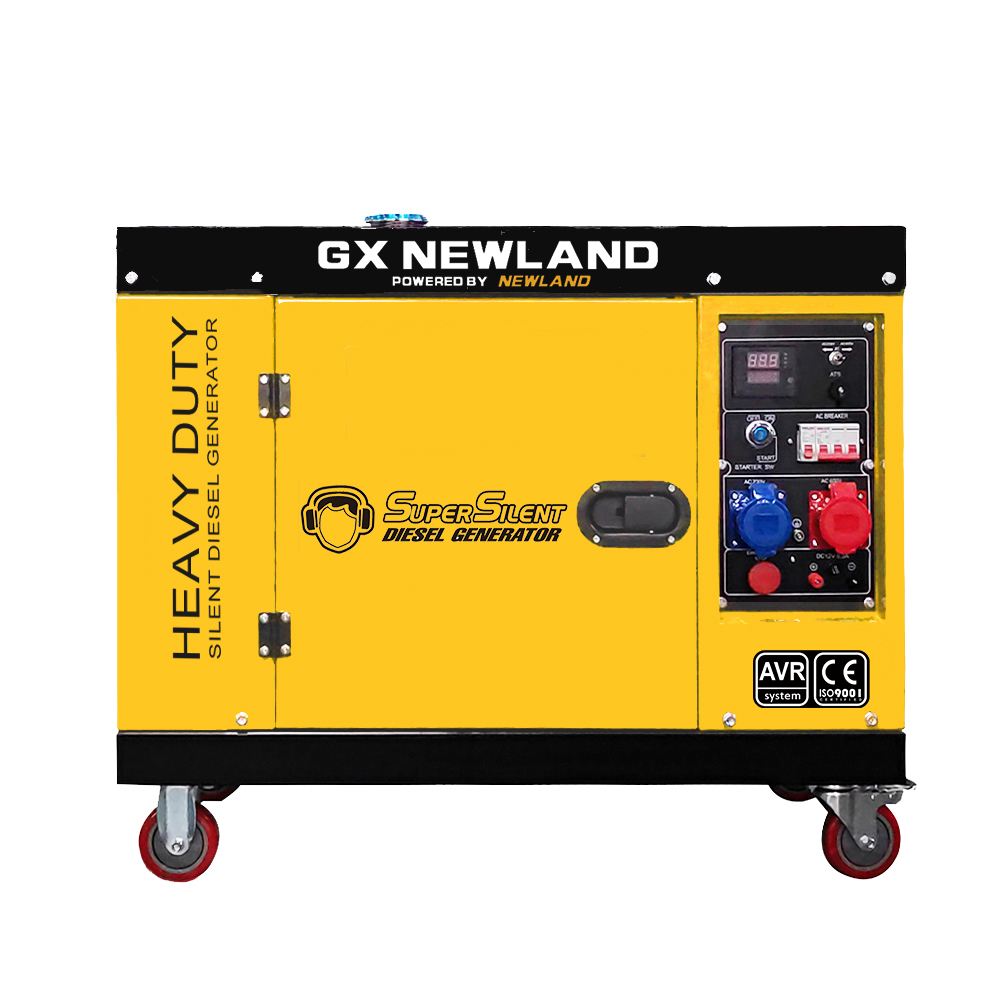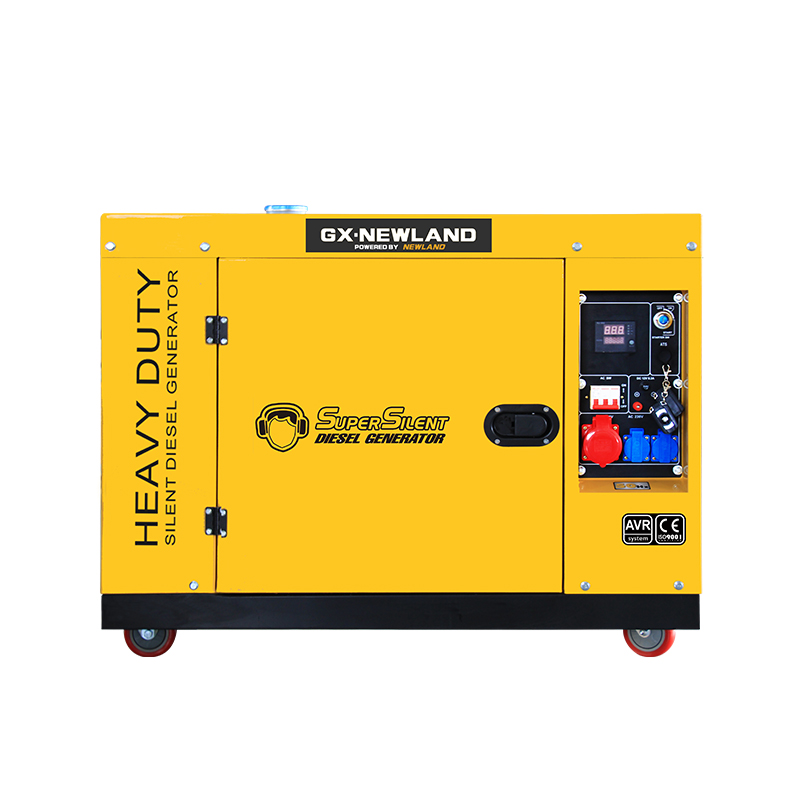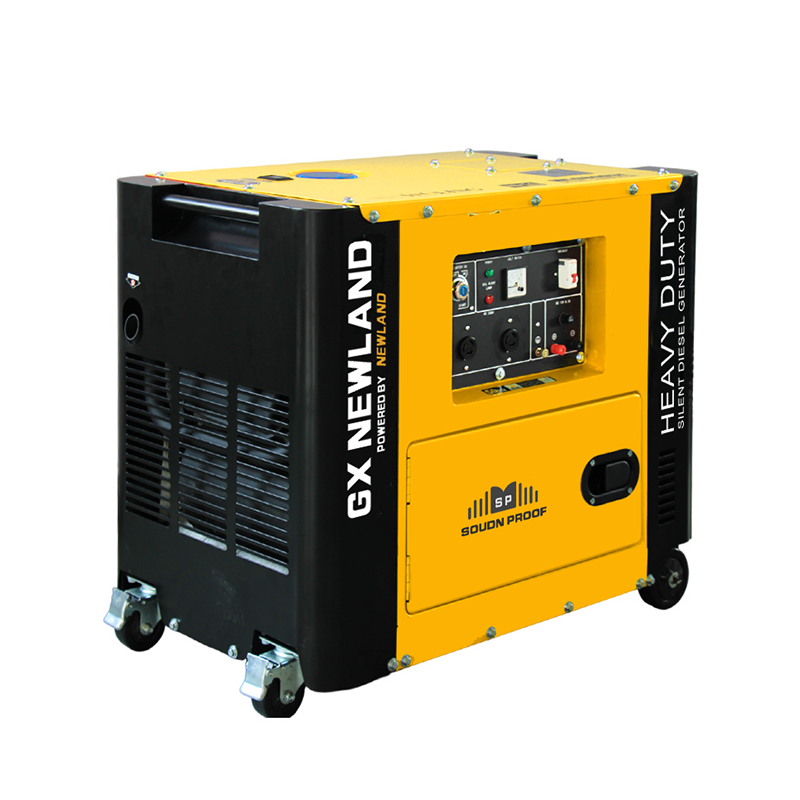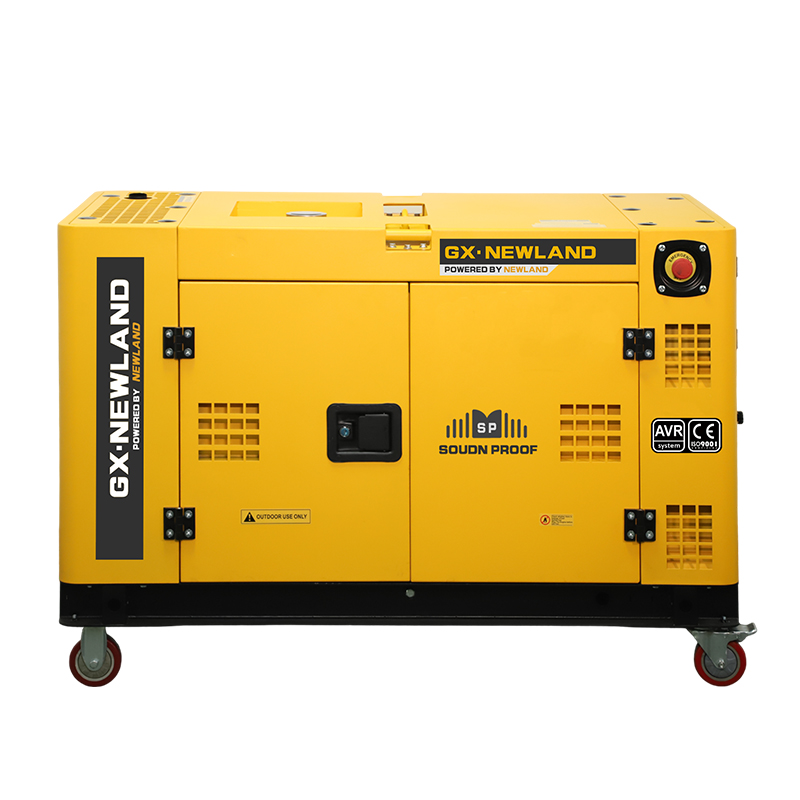Diesel generators typically require diesel fuel that meets certain specifications in order to operate effectively and efficiently. These specifications can vary depending on the manufacturer and model of the generator, but some common requirements for the quality of diesel fuel include:
Sulfur content: Diesel fuel used in generators typically has a low sulfur content, often less than 0.001% or even 0.0001%. This is because high sulfur content can damage the generator's engine and emissions control systems.
Cetane number: The cetane number is a measure of a diesel fuel's ignition quality, and it is typically required to be at least 40 or 45 for use in generators. Higher cetane numbers indicate better ignition quality and more efficient combustion.
Viscosity: Diesel fuel viscosity should be in the range of 2.5-4.5 Centistokes at 40C.
Cloud point: The cloud point is the temperature at which diesel fuel begins to solidify, and it should be low enough that the fuel will not become too thick to flow easily in cold weather.
Pour point: The pour point is the temperature at which diesel fuel becomes too thick to flow at all, and it should be low enough that the fuel will not become too thick to flow easily in cold weather.
Flash point: The flash point is the temperature at which diesel fuel will catch fire. It should be higher than the ambient temperature.
Corrosion: The diesel should not be corrosive, in order to prevent damage to the generator.
Water content: The diesel should be dry and no water content is allowed.
Cleanliness: The diesel should be clean and free of any solid or suspended particles.

 英语
英语 中文简体
中文简体 俄语
俄语












